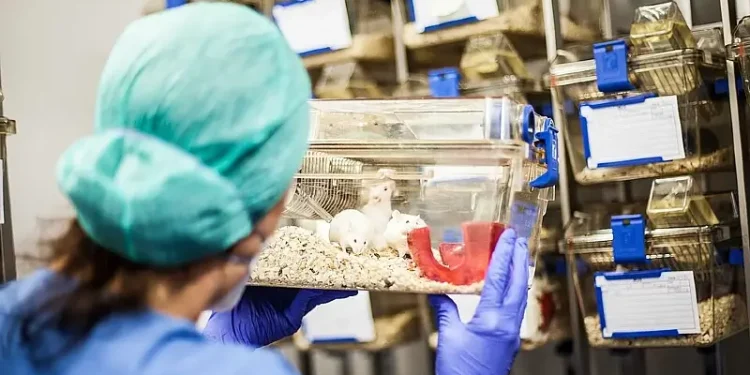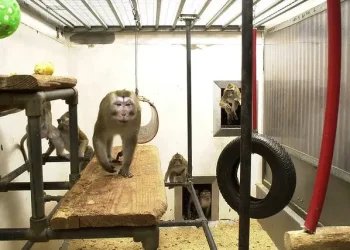The UK Home Office has responded to the Animals in Science Committee’s 2020 Licence Analysis Review, outlining actions to enhance animal research licensing.
This move aims to improve regulation, align with ethical standards, and potentially influence scientific practices across the UK.
Government Commitment to Ethical Animal Research
The Home Office’s response marks a significant step in refining animal research licensing in the UK. By addressing recommendations from the 2020 review, the government demonstrates its dedication to improving animal welfare and scientific standards.
This initiative is part of a broader strategy to reduce animal use in scientific procedures, aligning with the 3Rs principle: Replacement, Reduction, and Refinement.
Implications for Researchers and Institutions
- Stricter licensing criteria may affect project timelines and operational costs for businesses and research institutions.
- Increased scrutiny could lead to higher ethical standards and scientific integrity.
- Potential acceleration of non-animal technologies adoption by pharmaceutical companies.
- Enhanced public trust through transparent and ethically responsible practices.
- Influence on future licensing procedures and alternative method adoption in the UK.
A Strategic Evolution in Regulation
This response builds on previous commitments under the Animals (Scientific Procedures) Act 1986. It aligns with recent policy shifts aimed at accelerating non-animal technologies (NAMs) development.
The government’s actions reflect a strategic evolution in UK animal research regulation over recent years, emphasizing collaboration between regulatory bodies like the ASC and governmental departments.
Industry Perspectives on Licensing Reforms
The press release does not include direct quotes; however, past communications from Lord Sharpe of Epsom have highlighted gratitude towards the ASC for their work.
The ASC and related scientific bodies have welcomed government commitments to fund alternative methods, reflecting positive reception from those focused on ethical innovation within the research community.
Additional Reading
The Takeaway
The Home Office’s response signifies a pivotal moment for ethical animal research in the UK. By implementing these recommendations, it not only enhances regulatory oversight but also positions the UK as a leader in developing non-animal scientific methods.
This commitment could attract biotech investments while balancing progress with welfare concerns.
Sources: UK Government, Home Office and Animals in Science Committee.
Prepared by Ivan Alexander Golden, Founder of THX News™, an independent news organization delivering timely insights from global official sources. Combines AI-analyzed research with human-edited accuracy and context.









